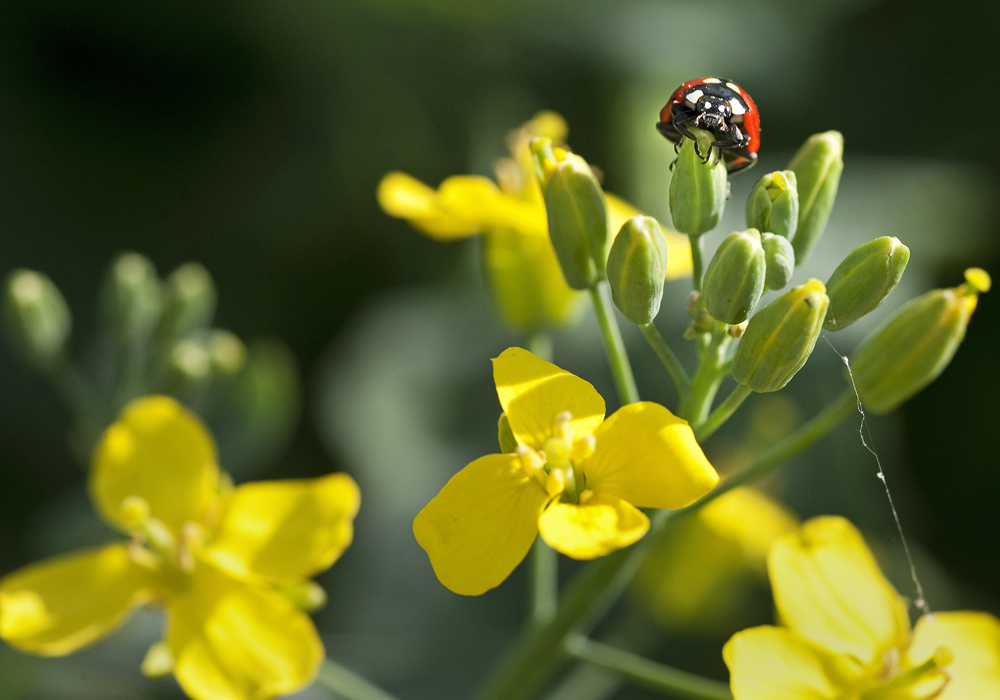Winnipeg – ICE Futures canola contracts saw a modest correction off of major support over the week ended April 3, but the longer-term trend remains pointed lower with large old crop supplies and uncertain export prospects overhanging the market.
Canadian canola exports to China are effectively non-existent right now, with the absence of that major customer casting a bearish tone on canola.
“The trend is sideways at best, and probably drifting a little lower,” said David Derwin of PI Financial, adding that the canola market was bearish even before the diplomatic dispute with China.
Read Also

Farming Smarter receives financial boost from Alberta government for potato research
Farming Smarter near Lethbridge got a boost to its research equipment, thanks to the Alberta government’s increase in funding for research associations.
While a resolution to the trade dispute would be supportive, Derwin said values may not see much of a boost given the large old crop supply situation.
“Putting the China issues aside, the canola market was bearish anyway,” said Mike Jubinville of MarketsFarm Pro, pointing to South American harvest pressure, large U.S. soybean supplies, and burdensome old crop canola stocks.
With the negative news already factored into the market, Jubinville said canola had reached a point of consolidation.
The knee-jerk panic selling from farmers has exhausted itself, and producers are now locking up their bins. Meanwhile, speculators are already holding a large net short position. “So who’s left to sell?” asked Jubinville.
Beyond Canada’s trade uncertainty with China, market participants are also following trade talks between the United States and China. A deal between those two countries would help soybeans, which could provide some spillover support for canola.
The possibility of increased demand from other bargain-hunting customers could also provide support.
“Will we unlock demand from some other locations as prices get lower?” asked Jon Driedger, of FarmLink Marketing Solutions.
Looking to the new crop, most analysts expect canola acres will be down from earlier forecasts as farmers reconsider their options.
Driedger expected farmers would stick to their rotations, as “not that many alternatives that look great.”
Derwin and Jubinville agreed that farmers were unlikely to deviate too much from their rotations.
“We’ll lose some acres this year, but I still think canola stacks up reasonably well relative to other options,” said Jubinville.

















